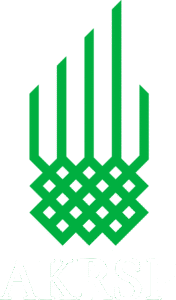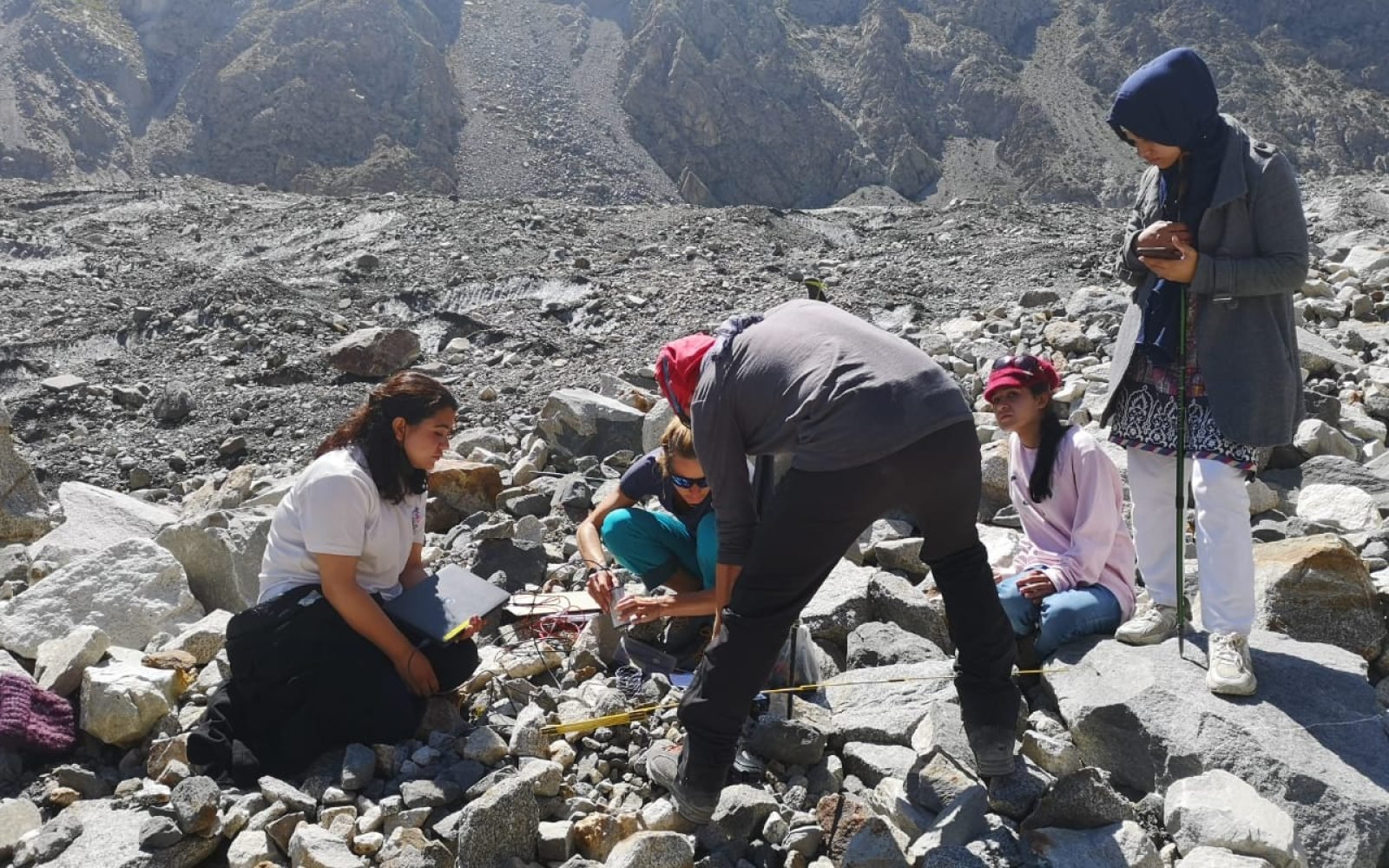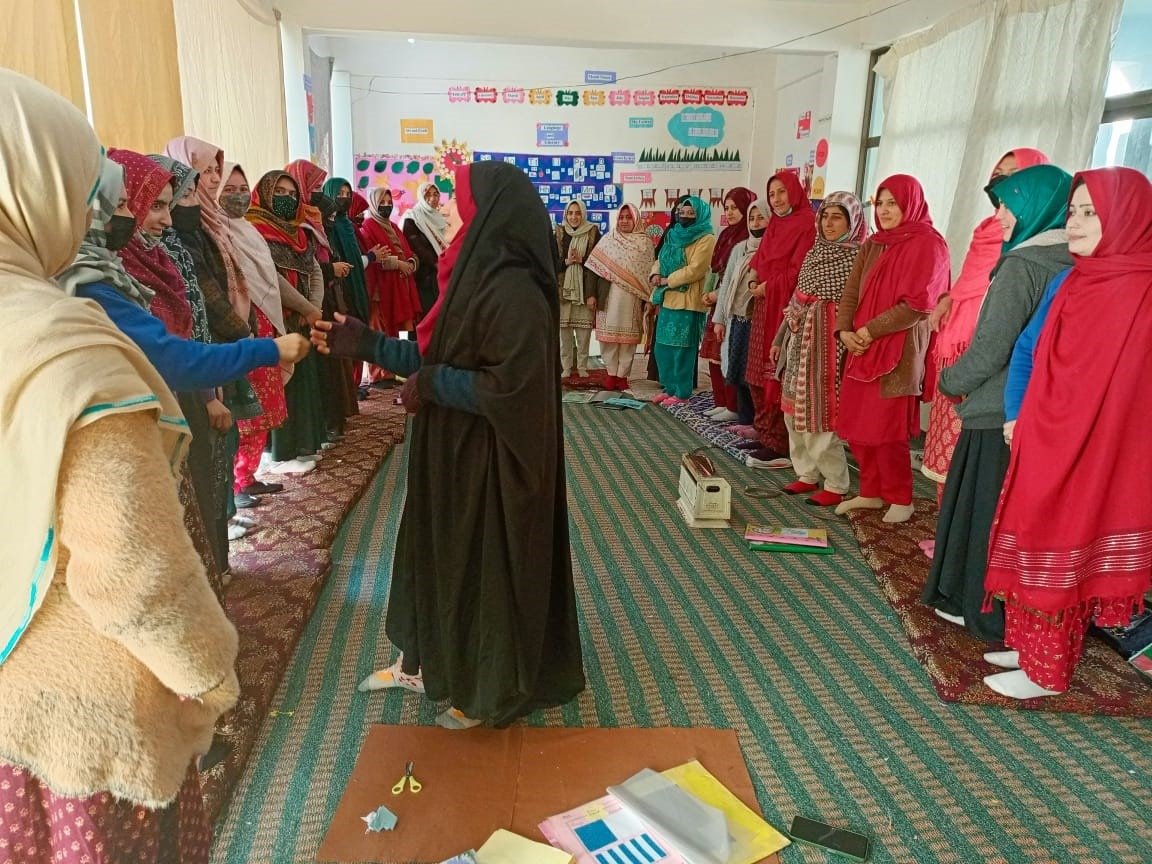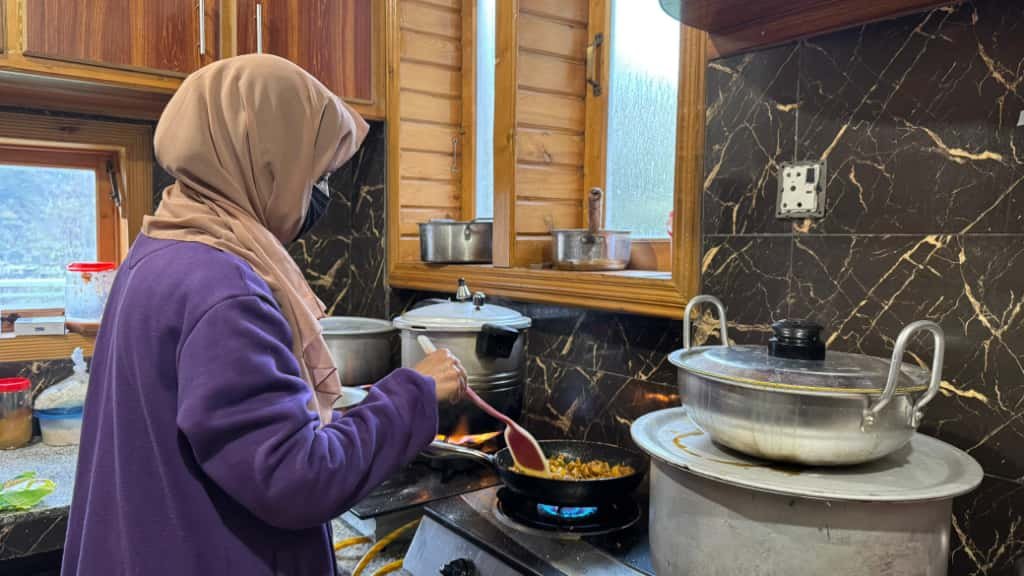By: Roheen Rehman, Business Analyst
Azra Batool grew up surrounded by some of the world’s highest peaks in northern Pakistan, but her ambitions soared even higher. While many admired the mountains from afar, she wanted to understand them, map their movements, analyse their changes, and use that knowledge to solve real-world problems. Today, as the founder of K2 GIS & RS Lab in Skardu, she is doing just that, turning her passion for technology and geography into a business that will help communities make informed decisions about their land and resources.
“That training wasn’t just about learning; it was validation,” she says. “It told me that my idea had value, that I had something worth building.”
Her journey from a curious student to a pioneering entrepreneur wasn’t a straight path. Like many young women in her community, she was expected to pursue medicine or engineering. But her fascination with geographic information systems (GIS) and remote sensing led her in a different direction. “Since childhood, I used to wonder how these mountains and glaciers looked from the sky,” she recalls. That curiosity led her to study remote sensing and GIS at Karakoram International University, where she contributed to major projects on glacial lake outburst floods (GLOF) and land reforms.
Despite her academic success, turning her expertise into a career was not easy. GIS technology was still a relatively new field in Skardu, and opportunities were limited. That changed when she discovered the START Apna Karobar programme, the flagship initiative of the Aga Khan Rural Support Programme, implemented under the Global Affairs Canada-funded BEST4WEER project to promote entrepreneurship among youth.
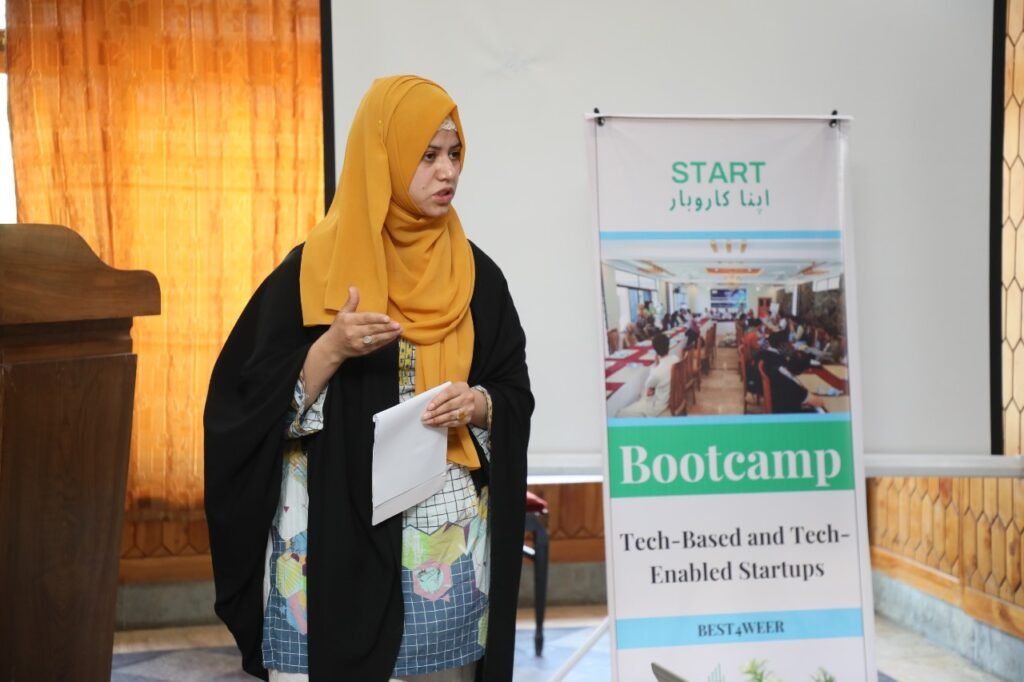
In July 2024, Azra participated in the programme’s four-day rigorous enterprise training, advisory sessions, and a pitch competition, refining her business idea into a viable enterprise. She won a microgrant, which became the foundation of K2 GIS & RS Lab, Skardu’s first dedicated GIS and remote sensing firm.
With this support, she set up a software house specialising in geospatial data analysis, GIS mapping, and remote sensing solutions. But for Azra, this was more than just a business, it was about proving that GIS could be a powerful tool for environmental sustainability, land-use planning, and disaster management in Gilgit-Baltistan. “I wanted to show that technology can solve real problems in our region,” she says.
Her startup quickly gained momentum. Within a few months, she built a team of three employees and four interns, completed three major projects, and even secured a collaboration with a Turkish professor, marking her entry into the international geospatial community.
Beyond running her business, Azra is committed to train and mentor young people, particularly women, helping them gain the skills needed to enter this emerging field.
Her work, mapping glacial movements, assisting in land-use planning, and supporting resource management, is contributing to the sustainable development of Skardu and beyond.
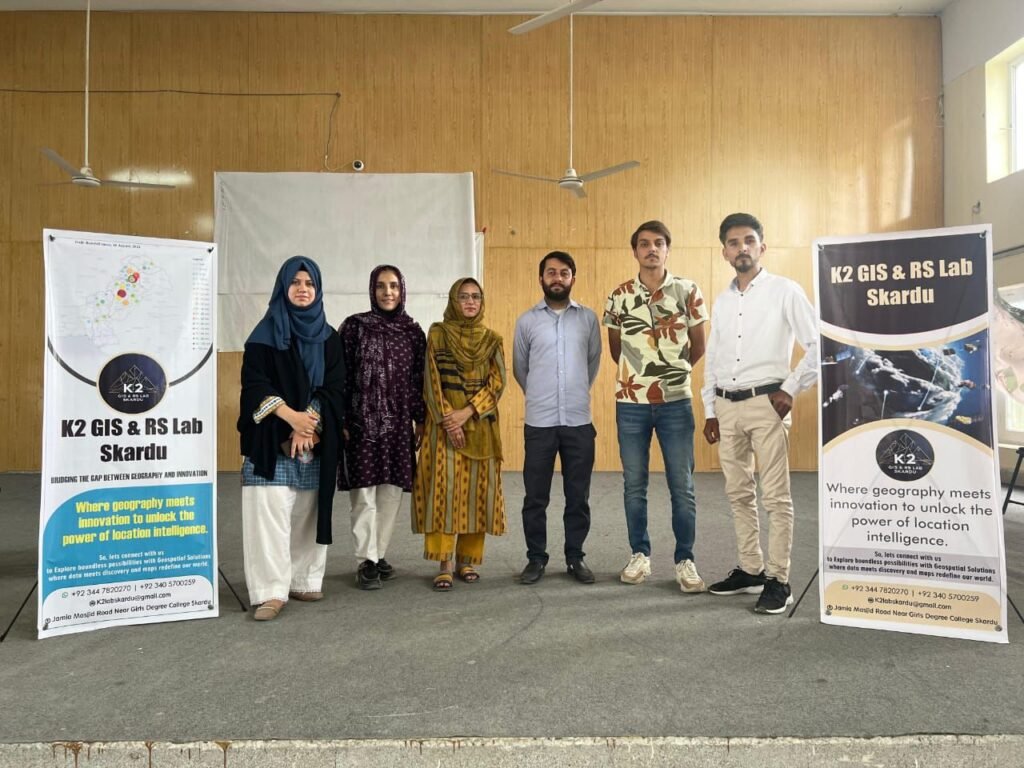
Azra’s success is part of a broader movement empowering young entrepreneurs. So far, AKRSP’s flagship START Apna Karobar Programme has trained over 3,611 aspiring entrepreneurs in Gilgit-Baltistan and Chitral through bootcamps and provided advanced training to 1,802 individuals. A total of 1,725 participants have taken part in pitch competitions, with 578 promising ideas receiving microgrants for start-ups. Additionally, 223 entrepreneurs have benefited from post-training mentorship.
Looking back, Azra credits the AKRSP START Apna Karobar programme for giving her the confidence to take the leap. “That training wasn’t just about learning; it was validation,” she says. “It told me that my idea had value, that I had something worth building.”
Today, Azra stands as an inspiration for young entrepreneurs. Her journey proves that with the right support, training, and determination, small beginnings can lead to big transformations. And for every young girl in Skardu staring at the mountains, wondering what’s possible, Azra’s story is proof that no dream is too ambitious.
